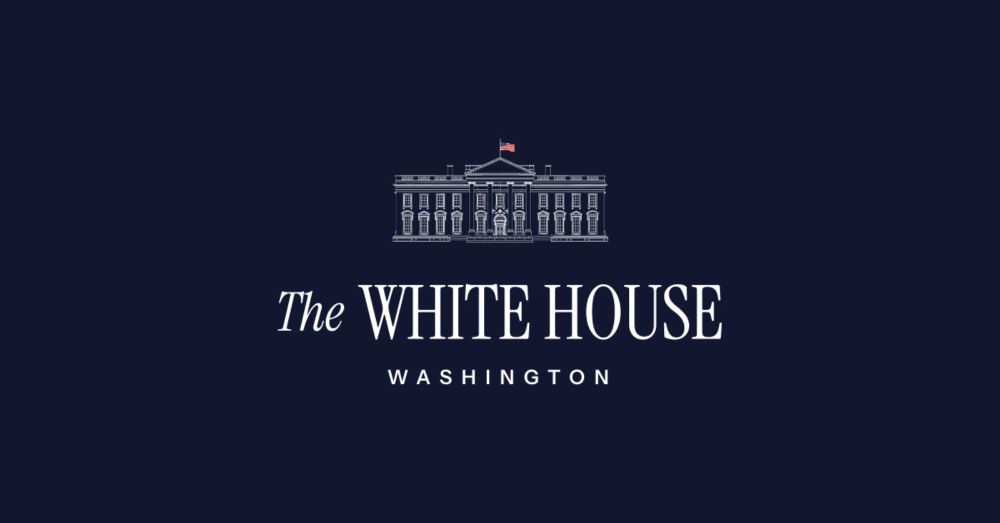
Rob Seamans
@robseamans.bsky.social
Professor NYU Stern: former Obama CEA Senior Economist for tech & innovation; research on AI, robots, entrepreneurship, strategy
Because it’s cheaper than this?

November 5, 2025 at 11:29 PM
Because it’s cheaper than this?
It's 2.50 at my local grocery store. That picture is from Grand Central Station, and is likely aimed at the billion or so tourists taking selfies.
October 15, 2025 at 4:09 PM
It's 2.50 at my local grocery store. That picture is from Grand Central Station, and is likely aimed at the billion or so tourists taking selfies.
🌍 Space is no longer a separate domain—it shapes economic growth, regional development, and global governance. Mija Aleksandraviciute, Michael Impink, and I argue for a strategic industrial policy to ensure inclusive, resilient growth.
Full article: www.brookings.edu/articles/ind...
Full article: www.brookings.edu/articles/ind...

Industrial policy for the final frontier: Governing growth in the emerging space economy | Brookings
Aleksandraviciute, Impink, and Seamans explore the emerging economics and policy implications of commercial space activity
www.brookings.edu
September 23, 2025 at 8:42 PM
🌍 Space is no longer a separate domain—it shapes economic growth, regional development, and global governance. Mija Aleksandraviciute, Michael Impink, and I argue for a strategic industrial policy to ensure inclusive, resilient growth.
Full article: www.brookings.edu/articles/ind...
Full article: www.brookings.edu/articles/ind...
📋 Industrial policy for space must move beyond deregulation. Priorities include:
-Foundational infrastructure investment
-Aligning incentives & regulatory frameworks
-Entrepreneurial ecosystem & workforce development
-Coordination across federal, state, & international actors
-Foundational infrastructure investment
-Aligning incentives & regulatory frameworks
-Entrepreneurial ecosystem & workforce development
-Coordination across federal, state, & international actors
September 23, 2025 at 8:42 PM
📋 Industrial policy for space must move beyond deregulation. Priorities include:
-Foundational infrastructure investment
-Aligning incentives & regulatory frameworks
-Entrepreneurial ecosystem & workforce development
-Coordination across federal, state, & international actors
-Foundational infrastructure investment
-Aligning incentives & regulatory frameworks
-Entrepreneurial ecosystem & workforce development
-Coordination across federal, state, & international actors
📑 Policy responses are emerging. In Aug 2025, Pres. Trump signed an executive order to accelerate commercial space: streamlined environmental reviews, updated launch regulations, and coordinated oversight of spaceport infrastructure.
www.whitehouse.gov/fact-sheets/...
www.whitehouse.gov/fact-sheets/...

Fact Sheet: President Donald J. Trump Enables Competition in the Commercial Space Industry
PROMOTING COMMERCIAL SPACE INNOVATION: Today, President Donald J. Trump signed an Executive Order to streamline regulations and foster a competitive
www.whitehouse.gov
September 23, 2025 at 8:41 PM
📑 Policy responses are emerging. In Aug 2025, Pres. Trump signed an executive order to accelerate commercial space: streamlined environmental reviews, updated launch regulations, and coordinated oversight of spaceport infrastructure.
www.whitehouse.gov/fact-sheets/...
www.whitehouse.gov/fact-sheets/...
⚠️ Governance & infrastructure gaps:
-Orbital congestion & debris
-Liability and property rights in space
-Underinvestment in public goods (spaceports, test facilities, monitoring)
--> Private innovation accelerates, but common frameworks and infrastructure often lag.
-Orbital congestion & debris
-Liability and property rights in space
-Underinvestment in public goods (spaceports, test facilities, monitoring)
--> Private innovation accelerates, but common frameworks and infrastructure often lag.
September 23, 2025 at 8:41 PM
⚠️ Governance & infrastructure gaps:
-Orbital congestion & debris
-Liability and property rights in space
-Underinvestment in public goods (spaceports, test facilities, monitoring)
--> Private innovation accelerates, but common frameworks and infrastructure often lag.
-Orbital congestion & debris
-Liability and property rights in space
-Underinvestment in public goods (spaceports, test facilities, monitoring)
--> Private innovation accelerates, but common frameworks and infrastructure often lag.
💡 Economic impacts are twofold:
1️⃣ Direct gains—new firms, jobs, and services in space sectors
2️⃣ Spillovers—advances in sensors, materials, and disaster resilience on Earth
Read more in our @brookings.edu article
www.brookings.edu/articles/ind...
1️⃣ Direct gains—new firms, jobs, and services in space sectors
2️⃣ Spillovers—advances in sensors, materials, and disaster resilience on Earth
Read more in our @brookings.edu article
www.brookings.edu/articles/ind...

Industrial policy for the final frontier: Governing growth in the emerging space economy | Brookings
Aleksandraviciute, Impink, and Seamans explore the emerging economics and policy implications of commercial space activity
www.brookings.edu
September 23, 2025 at 8:40 PM
💡 Economic impacts are twofold:
1️⃣ Direct gains—new firms, jobs, and services in space sectors
2️⃣ Spillovers—advances in sensors, materials, and disaster resilience on Earth
Read more in our @brookings.edu article
www.brookings.edu/articles/ind...
1️⃣ Direct gains—new firms, jobs, and services in space sectors
2️⃣ Spillovers—advances in sensors, materials, and disaster resilience on Earth
Read more in our @brookings.edu article
www.brookings.edu/articles/ind...
My take: AI is an easy scapegoat-- certainly easier to blame instead of economic and political uncertainty.
Moreover, most firms haven't adopted AI in any meaningful way (Census research puts adoption at about 9% of firms).
Moreover, most firms haven't adopted AI in any meaningful way (Census research puts adoption at about 9% of firms).
August 1, 2025 at 6:33 PM
My take: AI is an easy scapegoat-- certainly easier to blame instead of economic and political uncertainty.
Moreover, most firms haven't adopted AI in any meaningful way (Census research puts adoption at about 9% of firms).
Moreover, most firms haven't adopted AI in any meaningful way (Census research puts adoption at about 9% of firms).
Like "Infrastructure week"
July 21, 2025 at 2:36 PM
Like "Infrastructure week"
I have to admit I am now starting to notice a bit of an improvement. Perhaps my initial experiences were somewhat isolated.
July 14, 2025 at 1:45 PM
I have to admit I am now starting to notice a bit of an improvement. Perhaps my initial experiences were somewhat isolated.
I'd adjust your sentence to "people started seeing it wasn't the end of the world".
I've posted before about this: to the average new yorker, traffic seems just as bad as it always has been. You can show me all the charts you want, and I'll tell you: traffic here sucks.
I've posted before about this: to the average new yorker, traffic seems just as bad as it always has been. You can show me all the charts you want, and I'll tell you: traffic here sucks.
July 1, 2025 at 1:31 AM
I'd adjust your sentence to "people started seeing it wasn't the end of the world".
I've posted before about this: to the average new yorker, traffic seems just as bad as it always has been. You can show me all the charts you want, and I'll tell you: traffic here sucks.
I've posted before about this: to the average new yorker, traffic seems just as bad as it always has been. You can show me all the charts you want, and I'll tell you: traffic here sucks.

